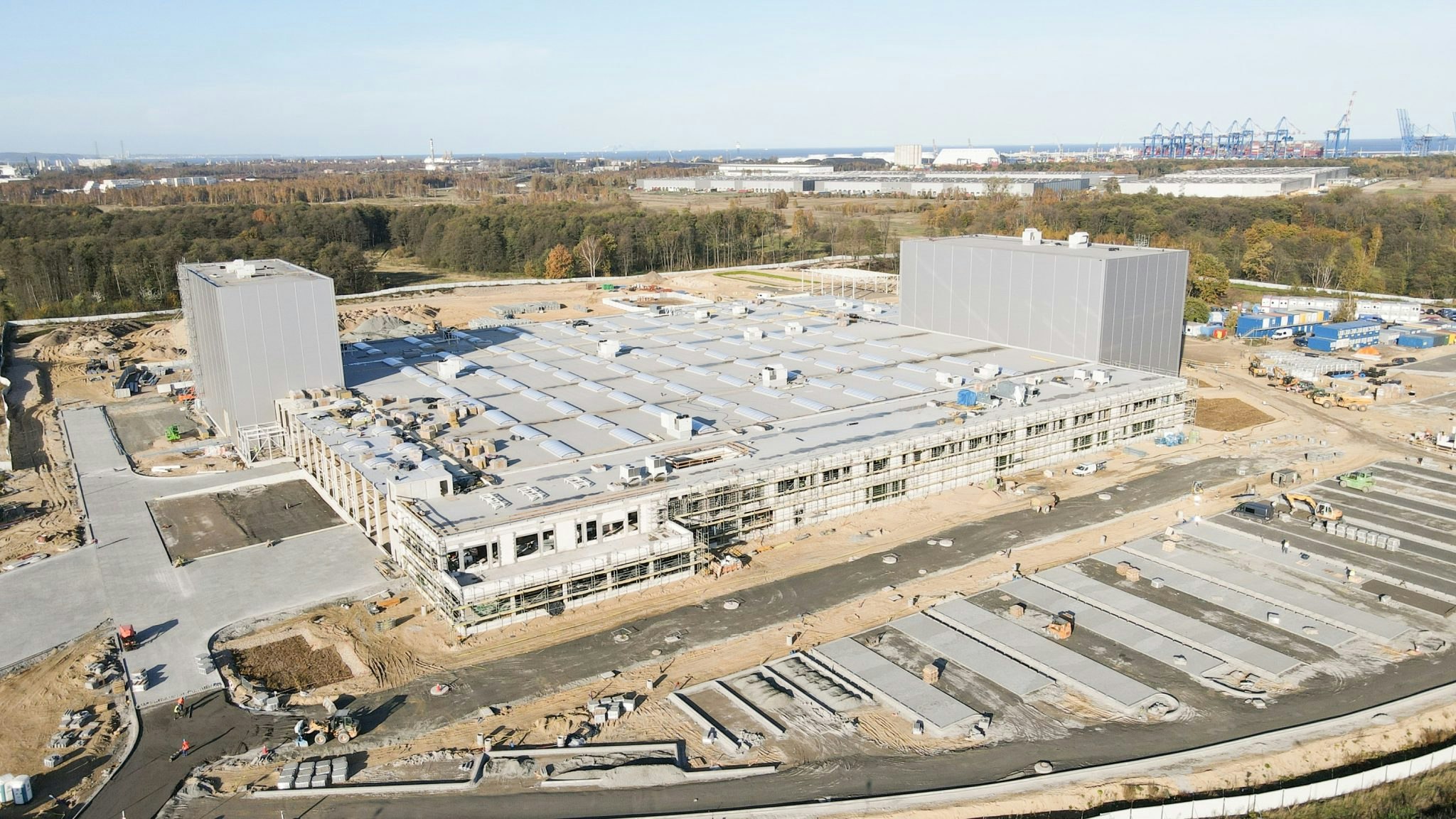Last year was a record year for European climate tech. The sector brought in more funding than any year before — even as the wider tech sector suffered a downtick in investment.
Climate tech companies brought in $15bn in 2022, surpassing 2021’s figure at $14.3bn. France brought in the most funding — $2.7bn, followed by the UK with $2.6bn and Sweden with $2.4bn.
But will the industry remain resilient in 2023? And which companies will thrive? For our Climate Tech newsletter we asked operators, founders and investors what they predict will happen.
Energy saving tech gets a boost
“I think 2023 will be a big year for reducing energy consumption. This will mean anything from software optimising how we use electricity in our homes and industries to passive cooling technologies. We’ve seen how dangerous and unstable it is to depend on fossil fuels, and while there is still a need for alternative energy sources and storage, I really look forward to seeing innovative ways to reduce our overall demand for energy in the first place.”
— Lindsey Higgins, head of climate insights at Pale Blue Dot
An end to carbon tunnel vision
“We will slowly get out of carbon tunnel vision, by paying more attention to other sustainability-related topics than pure decarbonisation, with emerging topics like biodiversity, plastics pollution, resources use, inequalities, climate education and climate resilience. While the mindset shift from business as usual to sustainability is well underway, we will start striving towards the concept of planetary regeneration.”
— Romain Diaz, investor at Satgana
The tech which helps people adapt to climate change will be recession proof
"A new trend we see emerging and one which will be one of the biggest in 2023, is the need for software to provide measurements and data around sustainability. Data enables better decisions and with better decisions comes a more efficient, less carbon-intense society. This information is there. It is at our fingertips and so we need to go out there and use it.
"Better models are also needed to not only predict things like floods and forest fires but deal with the billions of people who will be displaced because of them. Industries that are focusing on the next five to ten years and changing the way we live and work will have some degree of protection, and these are exactly the types of industries we expect to prosper in a recession."
— Patrick Sheehan and Rob Genieser, managing partners at ETF Partners
Heat conservation becomes a priority
“Heat is the often-overlooked ugly big sibling of electricity, accounting globally for 50% of today’s total energy mix (versus 20% for electricity). Currently humans are adding heat equivalent to four Hiroshima bombs per second to the planet. The efficient use of heat is mission critical. There are three main areas that we are excited about in heat: generation of clean heat, waste heat recovery and heat storage.”
— Sebastian Heitmann, Yair Reem, Eshel Lipman, Iris ten Have from Extantia Capital
Carbon markets will look like the commodities market
"Carbon markets will see a considerable shift towards direct financing of carbon projects by institutional investors and corporations. This shift will resemble the buying behaviour, if not all the characteristics, of the commodities market, with some players financing carbon projects to retire (consume) credits, others financing projects for carbon credits, environmental commodities (eg. biofuels) and financial returns."
Light electric vehicles help reimagine cities
"In 2023, there’ll be more adoption of light electric vehicles (LEVs). The most exciting ramification will be reimagining the city and returning to what cities used to be about. In the past 40 years we have given up large parts of our cities to cars, and with innovations like LEVs we can think about repurposing streets back to being for people. With safer streets and cleaner air, we are seeing an emergence of people socialising together outside.”
— Lisa Conibear, commercial director at ebike startup Zoomo
Cultivated meat startups make partnerships in places with open regulations
"Cultivated meat companies will seek out opportunities to successfully increase their speed to market. We’ll begin to see cultivated meat companies seek to localise the value chain to progress product development strategically, which in some instances will mean looking to countries with favourable regulatory environments, such as Singapore and the US (cultivated meat is not approved by European regulators).
"This will mean European companies establishing local partnerships for the commercialisation of products across the value chain."
— Caroline Wilschut, director of strategy at Meatable


